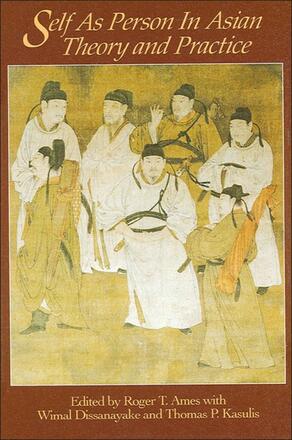
Self as Person in Asian Theory and Practice
Alternative formats available from:
Description
This book is a sequel to Self as Body in Asian Theory and Practice (SUNY, 1992) and anticipates a third book, Self as Image in Asian Theory and Practice. In order to address issues as diverse as the promotion of human rights or the resolution of sexism in ways that avoid inadvertent lapses into cultural chauvinism, alternative cultural perspectives that begin from differing conceptions of self and self-realization must be articulated and respected. This book explores the articulation of personal character within the disparate cultural experiences of Japan, China, and South Asia.
Wimal Dissanayake is a Senior Research Fellow attached to the East-West Center in Honolulu. He is also a member of the graduate faculty of the Department of Communication at the University of Hawaii. He is the author of several books on literature, film, and communication; the editor of the East-West Film Journal; and has co-edited Self as Body in Asian Theory and Practice , published by SUNY Press. Thomas P. Kasulis is Professor of Comparative Studies in the Humanities at the Ohio State University. He has been the Numata Visiting Professor in Buddhist Studies at the University of Chicago, a Japan Foundation Fellow at Osaka University, and a Mellon Faculty Fellow at Harvard. He has also served as the president of the Society for Asian and Comparative Philosophy. He is the editor and co-translator of The Body: Toward an Eastern Mind-Body Theory and co-editor of Self as Body in Asian Theory and Practice, both published by SUNY Press.
Reviews
Roger T. Ames is Professor of Chinese Philosophy at the University of Hawaii. He edits the journal, Philosophy East and West. He is also the editor of Thinking Through Confucius; Nature in Asian Traditions of Thought: Essays in Environmental Philosophy (with J. Baird Callicott); and Self as Body in Asian Theory and Practice (with T. Kasulis and Wimal Dissanayake), all published by SUNY Press.